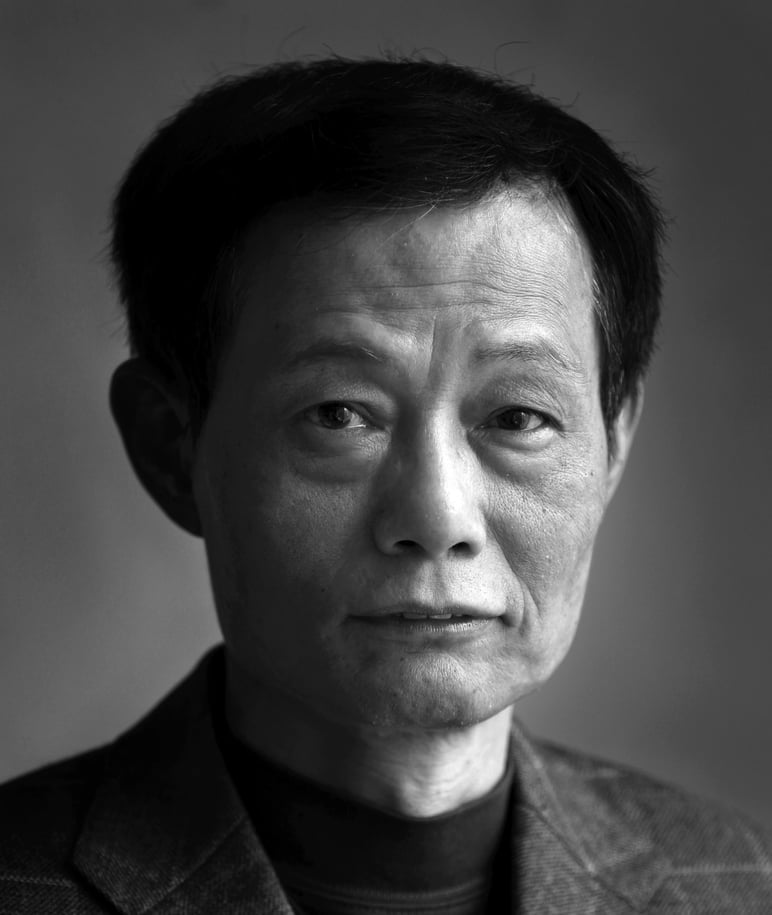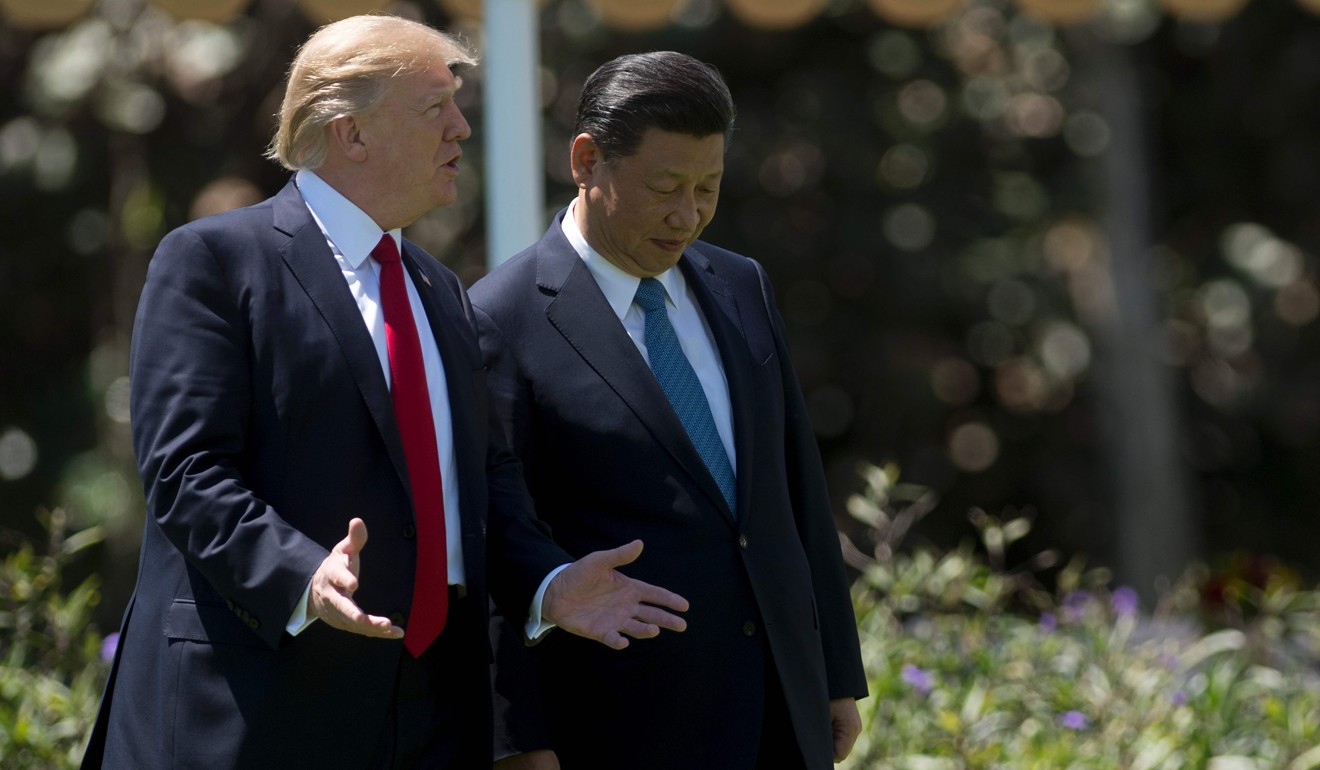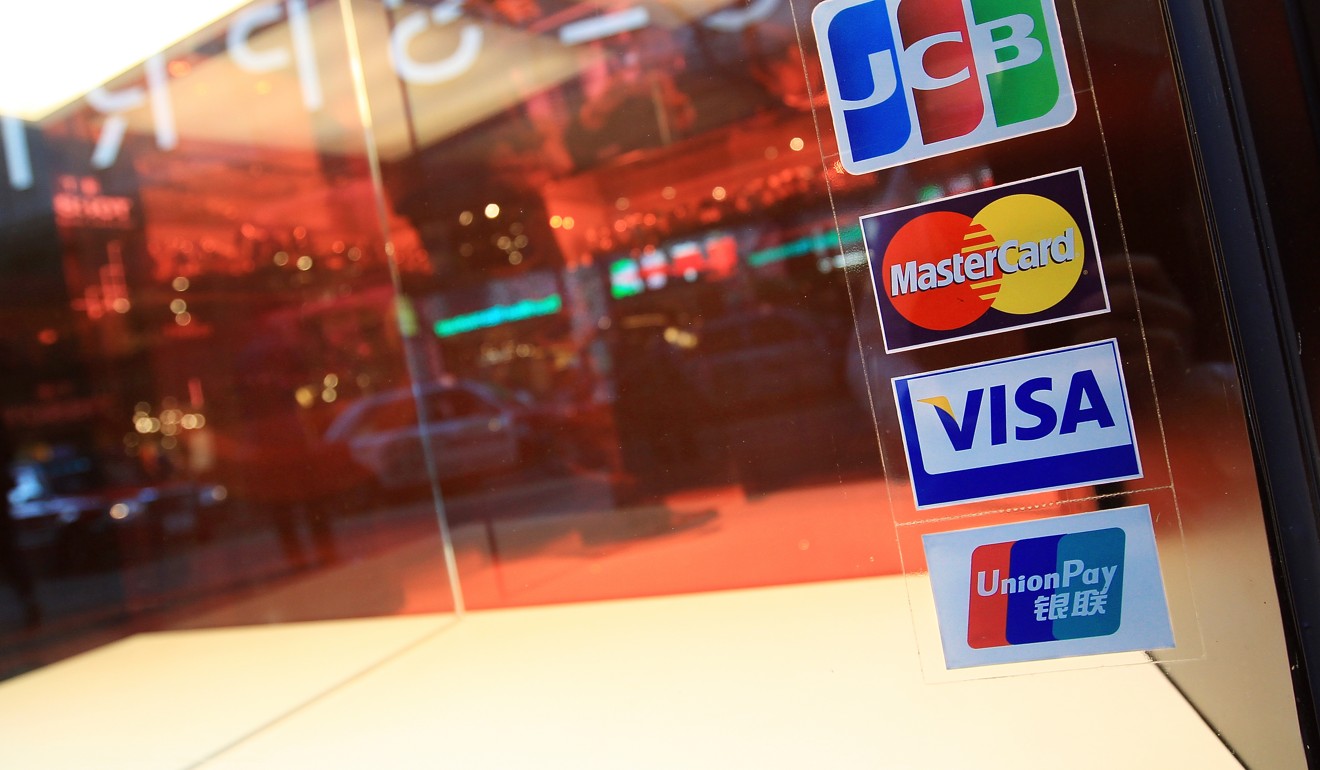
US-China trade deal isn’t the breakthrough Trump claims, but it’s a start
Much of what Beijing has agreed, it agreed long ago. Even so, it is a sign of goodwill between Xi Jinping and his American counterpart
A much-heralded US-China trade deal has sent the clearest signal yet of warming between the world’s two most influential nations.
The deal, which follows the Mar-a-Lago summit between US President Donald Trump and his Chinese counterpart Xi Jinping (習近平), has been hailed as “an early harvest” of the 100-day plan that Xi proposed to Trump in an effort to address the huge trade imbalance between the world’s two largest economies, something that has long caused friction between them.
Analysts see the agreement as a positive sign that the two leaders can work together, despite the difficulties facing them due to differences over politics, ideology, and strategy.

Beijing has apparently made some concessions in areas that might have been picked to maximise the political benefit to Trump. It has agreed to open its market to US credit rating agencies and credit card companies and resume imports of US beef, for example. However, it’s worth noting that Beijing’s offers are aimed at helping to expand US exports rather than curtail Chinese exports, in an effort to achieve what Xi would refer to as “win-win cooperation”. The deal comes into effect on July 16.
A rising Moon bodes well for Seoul’s relations with Beijing
That is why Trump has made a U-turn from viewing China as the number one enemy to calling Xi a “great friend” with whom he shares “good chemistry”. His earlier labelling of China as a currency manipulator, his challenging of Washington’s commitment to the “one-China” policy, and his breaking of diplomatic protocol to have a telephone conversation with Taiwanese President Tsai Ying-wen, have all been consigned to the past. These have apparently been replaced with personal rapport between him and Xi and a partnership between the world’s leading free democracy and its last major communist-ruled nation.
WATCH: Trump says he’s developed a friendship with Xi
While White House officials have pitched this as a major breakthrough by the Trump administration, analysts say the actual impact of the deal on US-China trade and investment flows will be minimal and the measures will be far from enough to write off America’s trade deficit with China, which amounted to US$350 billion last year.
Instead, the agreement represents a modest set of openings, most of which had already been promised by Beijing. Under the new agreement, China has set firm deadlines to meet its previous commitments to open up markets for some US products, such as beef, electronic payments, biotech products, credit cards and rating agencies. But China first made such commitments when it was negotiating accession to the World Trade Organisation in 2001.

Even so, some analysts are optimistic that the latest deal is a sign of political goodwill between Trump and Xi and anticipate further progress at the “US-China Comprehensive Economic Dialogue” later this year.
Economy can’t distract from struggles of Tsai’s first year
They see the deal as showing the two leaders intend to soften economic barriers between them and as demonstrating their willingness to seek engagement rather than confrontation in the economic arena – despite whatever divisions they may have in the areas of politics, ideology and strategy.
Perhaps both leaders have come to realise that only a cooperative US-China relationship can help them achieve their goals of prosperity and security. ■
Cary Huang, a senior writer with the South China Morning Post, has been a China affairs columnist since the 1990s

